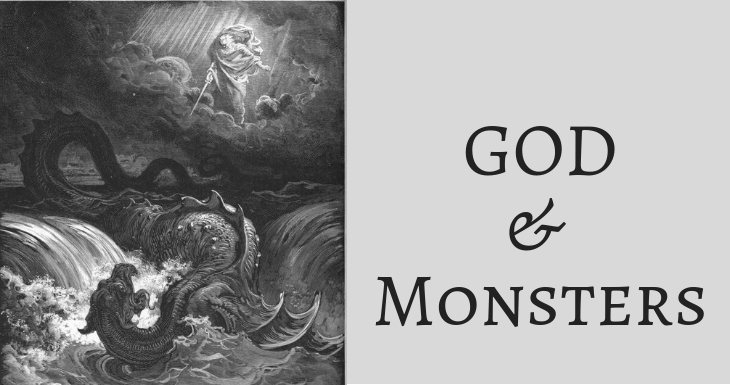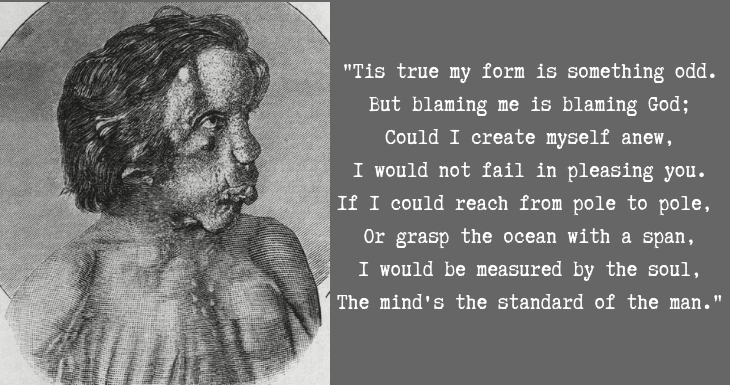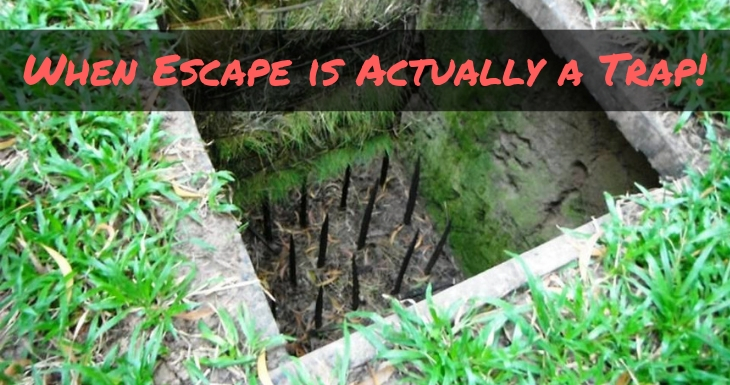
I have recently been watching the mini-series, “Stranger Things” on Netflix. My family is entranced by the heroes and their story arc and so we are slowly parsing out the episodes since they are few. If you have not watched this show, I will distill it for you. A young boy is abducted by a monster and falls into an alternate universe. His family, friends, and a local sheriff will stop at nothing to find him. In their quest to rescue him they face adversity by way of their town folk and a truly horrifying monster, but they exhibit courage, tenacity and fierce loyalty in the face of extremely intimidating odds. The fun thing about the show is all the 80’s nostalgia and the creative way in which the writers incorporate scary movie themes while infusing all of the good comradery that characterized the adventure shows of that time period. I will try to refrain from using plot spoilers for those who wish to enjoy it.
At one point during the first season I told my young son that I was afraid to watch anymore. He said, “But the monsters aren’t real, Mom.” The show even pokes fun at the cheesy special effects from that era. As a character dies on a television program they are watching, the science teacher tells his date that the gore is not actual flesh dissolving, but rather bubblegum and wax melting. It is a seminal moment for many who enjoy scary flicks; namely, it reassures the viewers that the carnage is not real.
The sad thing is, in reality, there are monsters. They may not look like the Demogorgon but they do exist.
A good friend of ours was brutally murdered last week. I wept when I heard the news. It felt as if I had been punched in the stomach. I could not catch my breath. I was confused and angry, but more than anything, I wanted to know why God didn’t stop it.
As I poured out my tears in prayer, I steadfastly resisted the notion that God is the monster. How easy it would be to shake my fists in anger and blame him. Still, I believe he is good. Not only because the Bible says he is, but because I have personally experienced that goodness. Still, I admit that right now I can only say He is good through tears as I look forward with hope to the day we will see our friend again.
As the initial shock of horror fades, I find myself praying for the perpetrators to be caught and brought to justice. I consider how the life of my friend has been stolen. Her family has been robbed of her beautiful spirit and there is nothing we can do to bring her back. I also think about the person or persons who did this terrible thing and how they too have been tricked into believing a lie. The murder and the lies did not begin with them. As wicked as they are, they too are victims.
“He was a murderer from the beginning, and does not stand in the truth, because there is no truth in him. When he lies, he speaks out of his own character, for he is a liar and the father of lies.” (John 8:44)
Jesus was speaking of Satan, a very real being whom he created and cast out of Heaven. He lied to Adam and Eve and enticed them to sin, thereby causing their bodies to die. But even though God allowed this terrible thing to happen, he was not caught off guard. I like the way John Piper writes of this in his book, “Spectacular Sins: And Their Global Purpose in the Glory of Christ”.
“The glory of Christ is the main purpose that God had in mind when he permitted Adam’s sin, and with it the Fall of all humanity into sin. Remember what we have seen about God’s permission: Whatever God permits, he permits for a reason. And his reasons are always infinitely wise and purposeful. He did not have to let the Fall of Satan or of Adam happen. He could have stopped it. The fact that he did not stop it means he has a reason, a purpose for it. And he doesn’t make up his plans as he goes along. What he knows to be wise, he has always known to be wise—eternally.”
The death of our friend does not catch God off guard. More importantly, He grieves with us over this awful sin.
Martin Luther wrote poignant words about death in 1529 that still ring true today. “The body they may kill, God’s truth abideth still. His kingdom is forever.” (from the song, “A Mighty Fortress is our God”) The truth is, we all die physically, but our souls are eternal. God reigns today from the throne room of Heaven. One day we will all meet him face to face and acknowledge that He is Lord of all.
The bible is very specific about our true enemy, the real monster of this world.
“For we do not wrestle against flesh and blood, but against the rulers, against the authorities, against the cosmic powers over this present darkness, against the spiritual forces of evil in the heavenly places.” – Ephesians 6:11
We have no strength of our own to fight against this horrific foe. He hates humanity and wants to kill us all. But Jesus loves us and wants to save us from his wrath and power. All we need do is believe in him, surrender to his authority, and make him Lord of our lives. Satan has already lost. Hell was originally prepared for Satan and his angels—not for men. One day he will go there. Unfortunately, so will we if we do claim the forgiveness for sins that Jesus offers.
There is a critical moment in “Stranger Things” when one character confronts the monster she is most terrified of in order to save the friends she loves. This is exactly what Jesus did for us when he allowed himself to be murdered on the cross. These sentiments were spoken at the funeral for my friend as her family proclaimed their absolute trust in Jesus in these terrible circumstances. We know that God is in complete control and that even though he has allowed this terrible crime, there is complete justice. God has already defeated the greatest monster of all time—the devil. One day he will be thrown into hell forever. (Luke 16:19-31) (John 5:24-29)
Death is the ultimate curse for humanity. We were never meant to die. God has placed eternity in the hearts of men and women and that is why the gospel is such good news. Yes, our bodies will all die, but we can be saved from eternal death; separation from God forever. It is not a hopeful wish. It is true.
Today we grieve with hope. One day we will see Jesus in the flesh. I will also see my friend. And I will weep no more.
**disclaimer: Stranger Things incorporates adult themes and language I would not deem appropriate for younger viewers.


